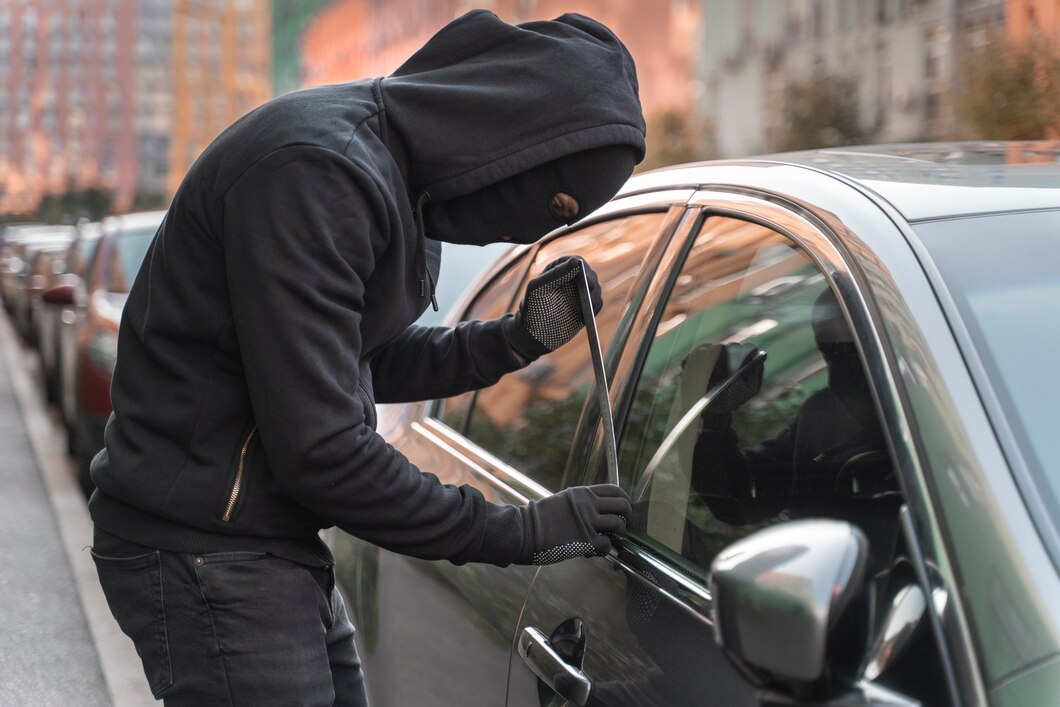Purchasing a used car can be an excellent way to save money, but it also comes with its share of risks. One significant risk is inadvertently buying a stolen car. This can lead to severe legal, financial, and personal consequences. Here’s a comprehensive guide on how to avoid buying a stolen car and ensure your purchase is legitimate.
1. Research the Seller
Start by thoroughly researching the seller. If you’re buying from a dealership, check their reputation through online reviews and ratings. For private sellers, ask for references and verify their identity. Be cautious if the seller is reluctant to provide personal details or insists on meeting in unusual locations.
2. Check the Vehicle Identification Number (VIN)
The VIN is a unique code assigned to every vehicle. It can be found on the dashboard, driver’s side door, or under the hood. Always check that the VIN on the car matches the one on the title and registration documents. Use online databases such as the National Insurance Crime Bureau (NICB) to see if the VIN has been reported stolen or if there are any discrepancies.
3. Inspect the Title and Registration
Verify that the title and registration documents are authentic and match the seller’s name. Watch out for signs of tampering, such as alterations or mismatched information. If the seller claims the title is “lost” or offers a duplicate, proceed with caution. A clear and legitimate title is essential for a lawful transaction.
4. Obtain a Vehicle History Report
Services like Carfax, AutoCheck, and the NICB provide vehicle history reports that include information on previous owners, accident history, and any reported thefts. While not foolproof, these reports can provide valuable insights and help identify red flags.
5. Ask for Maintenance Records
A well-documented maintenance history can add legitimacy to the car’s background. Ask for service records and receipts that show regular maintenance and repairs. Inconsistencies or a lack of documentation can be a warning sign.
6. Check for Signs of Tampering
Inspect the car for signs of tampering or alterations, especially around the VIN plate, ignition, and locks. Stolen cars often have their VIN plates swapped or altered. Look for mismatched paint, scratched-off decals, or signs that the dashboard has been removed.
7. Verify the Seller’s Information
Request to see the seller’s driver’s license and cross-check the information with the title and registration documents. Ensure the seller’s address matches the location where you are viewing the car. Be cautious if the seller is evasive or unwilling to provide this information.
8. Pay Attention to the Price
If the deal seems too good to be true, it probably is. Stolen cars are often sold at significantly lower prices to entice quick sales. Compare the asking price with the market value of similar vehicles to determine if it aligns with typical pricing.
9. Use a Trusted Escrow Service
When making a payment, consider using a trusted escrow service. This adds a layer of protection by holding the funds until all conditions of the sale are met. It also provides a formal record of the transaction, which can be useful if issues arise later.
10. Conduct a Test Drive and Inspection
Before finalizing the purchase, conduct a thorough test drive and have the car inspected by a trusted mechanic. A professional inspection can reveal hidden issues and confirm that the vehicle’s condition matches the seller’s claims.
11. Consult Law Enforcement
If you have any suspicions, don’t hesitate to consult local law enforcement. They can verify the VIN and check if the car has been reported stolen. Taking this extra step can provide peace of mind and ensure you’re making a legitimate purchase.
Buying a stolen car can lead to serious legal and financial consequences, including the loss of the vehicle and your money. By taking these precautions, you can significantly reduce the risk of inadvertently purchasing a stolen car. Always be diligent, verify all information, and trust your instincts. A little extra effort upfront can save you from considerable trouble down the road.











